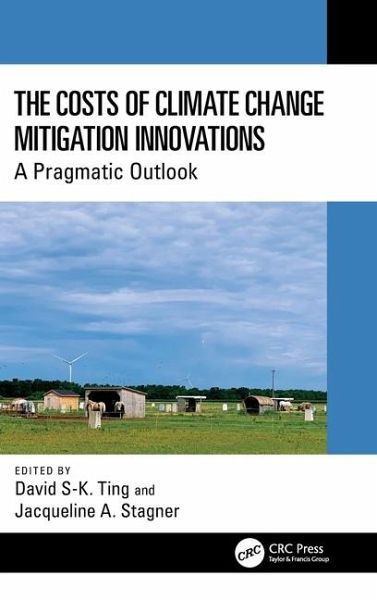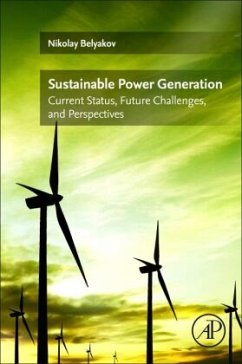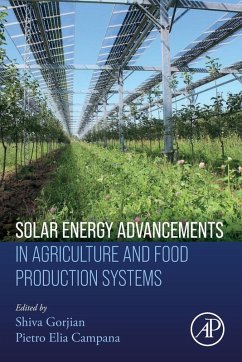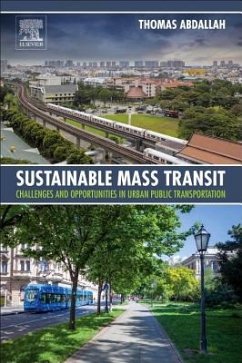
The Costs of Climate Change Mitigation Innovations
A Pragmatic Outlook
Herausgegeben: Ting, David S-K.; Stagner, Jacqueline A.
Versandkostenfrei!
Versandfertig in 6-10 Tagen
88,99 €
inkl. MwSt.
Weitere Ausgaben:

PAYBACK Punkte
44 °P sammeln!
The notion that humanity may be too late to alter climate change could potentially lead to fear and therefore the advocacy of implementing radical strategies and/or hastening the execution of certain measures to the extreme. There is evidence that extensive and intensive implementation of some climate change solutions can significantly alter the environment and ecosystems in unintended ways. For example, the microclimate of a field in the proximity and downstream of a closely packed array of wind turbines can be noticeably altered by the modified lower atmospheric fluxes caused by the turbines...
The notion that humanity may be too late to alter climate change could potentially lead to fear and therefore the advocacy of implementing radical strategies and/or hastening the execution of certain measures to the extreme. There is evidence that extensive and intensive implementation of some climate change solutions can significantly alter the environment and ecosystems in unintended ways. For example, the microclimate of a field in the proximity and downstream of a closely packed array of wind turbines can be noticeably altered by the modified lower atmospheric fluxes caused by the turbines, which can then negatively affect crop yields. Additionally, some studies have found that large-scale solar fields can result in the modulation of atmospheric circulation, leading to changes in regional precipitation. The Costs of Climate Change Mitigation Innovations: A Pragmatic Outlook provides a forum for discussion on the long-term consequences of various climate strategies. It promotes our striving toward minimizing the potential negative impact of new interventions by performing objective, holistic analyses. The bottom line is that we do not want today's solutions to become tomorrow's problems.














